Indonesian Jing Si Hall
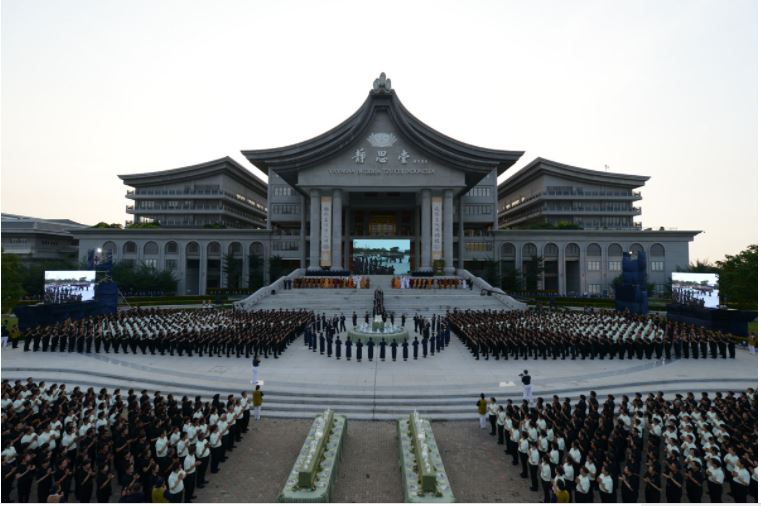
Since setting the foot in Indonesia in 1993, Tzu Chi volunteers have always provided assistance to the people who need helps, built schools and houses. After all these things were done, only then did Tzu Chi Indonesia build a "home" for itself. In a period of 19 years (from 1993 to 2012), Tzu Chi volunteers had carried out the four main missions and eight Dharma footprints throughout Indonesia, from the west to the east, from Aceh to Papua.
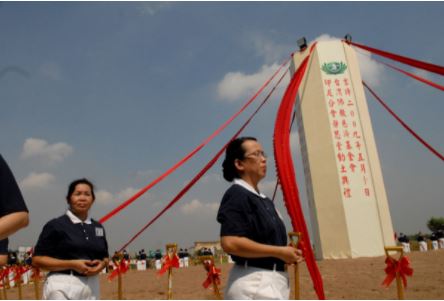
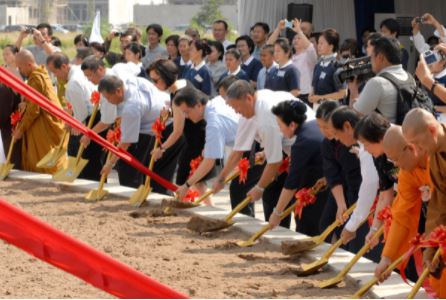
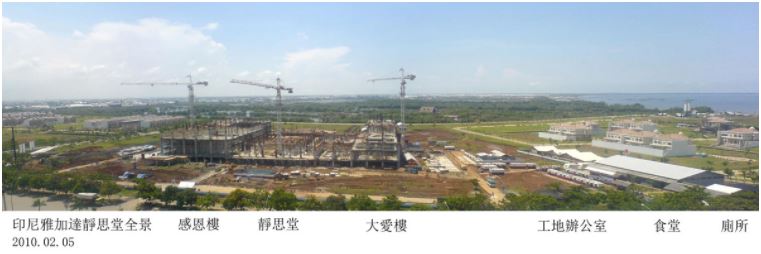
After almost three years of development, finally in October 7, 2012, the Indonesian Jing Si Hall was inaugurated by the Coordinating Minister for People's Welfare of The Republic of Indonesia, Agung Laksono. The event was also attended by other government officials, religious leaders, and community leaders. More than 5,000 people, both volunteers and the general public, attended this historic moment. Some Tzu Chi overseas volunteers from Taiwan, Malaysia, Singapore, the United States, the Philippines, Japan, Thailand, and China also attended.
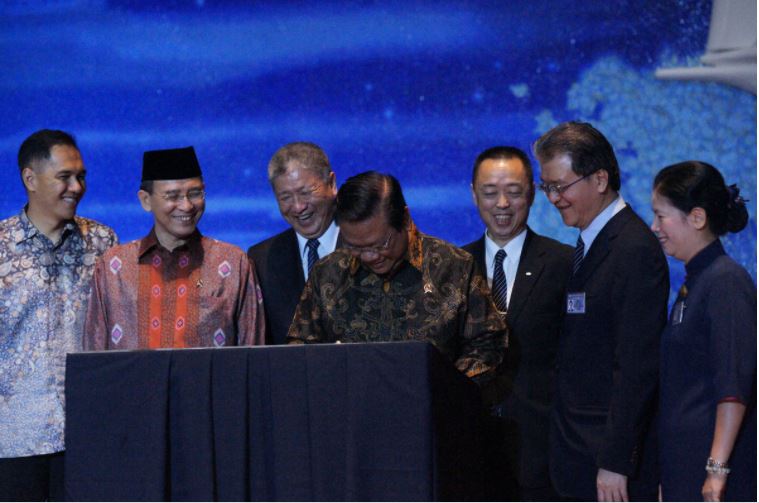
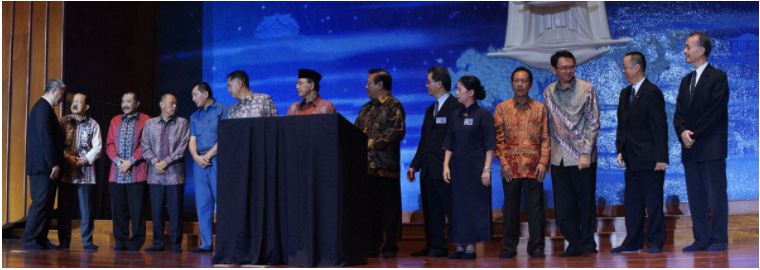
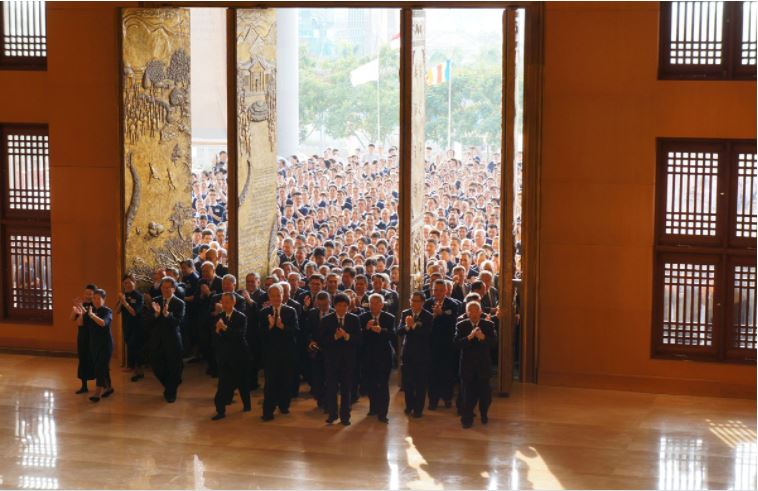
As a form of sincerity to preserve and learn Jing Si teachings, on that occasion the volunteers also made a vow to spread Tzu Chi to all corners of Indonesia, forever continue to walk on the Tzu Chi Way, and be faithful in walking the Bodhisattva Path. The establishment of the Jing Si Hall in Indonesia is expected to present a compassionate spirit of self-devotion from Tzu Chi people.
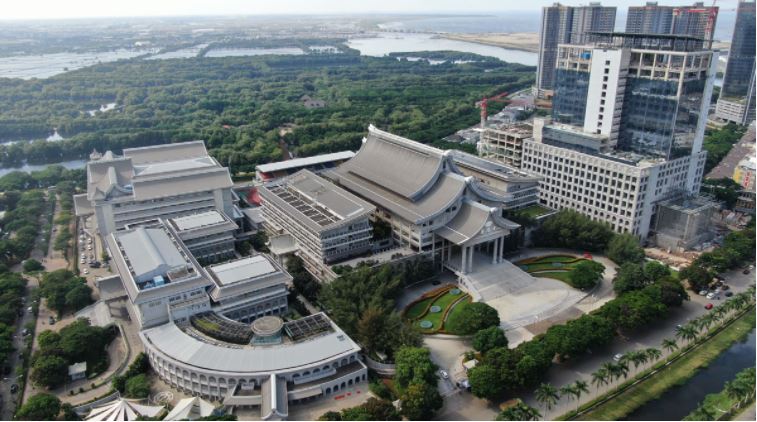
Passing on the Spirit of Tzu Chi
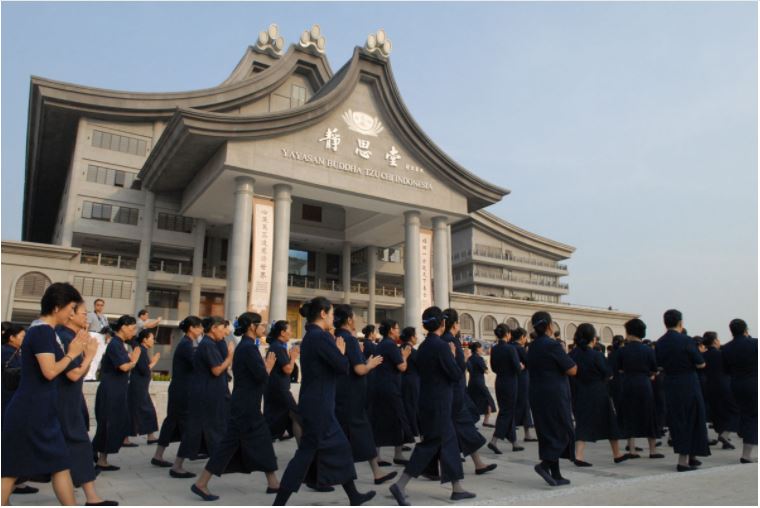
As Master Cheng Yen said, "The construction of the Jing Si Hall aims to protect and preserve the spirit of the Buddha's teachings, and is at the same time the implementation of the teachings themselves." Master Cheng Yen also hopes that the existence of Jing Si Hall can pass on the Tzu Chi spirit to future generations.
The Characteristics of Jing Si Hall Building
The roof of the Jing Si Hall represents the chinese character "Ren" which literally means humans, implying that we as humans are social beings who must support and in need of each other.
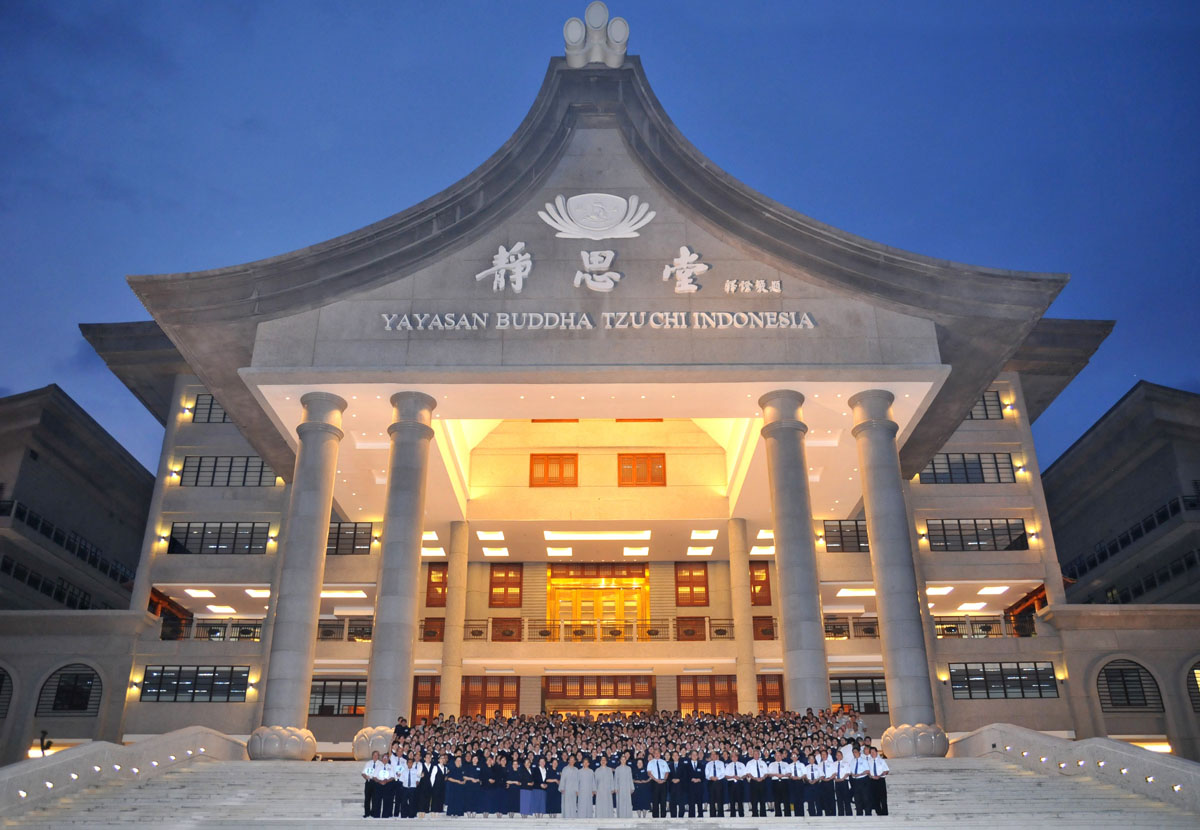
There are 3 ovals on top the roof symbolizing Buddha, Dharma, and Sangha. Then, the 4 supporting pillars in the front symbolize the 4 main missions of Tzu Chi: charity, health, education, and humanist culture. The exterior of the entire building is covered with brush stone (small stones), a symbol that this building is an embodiment of the love of many people.
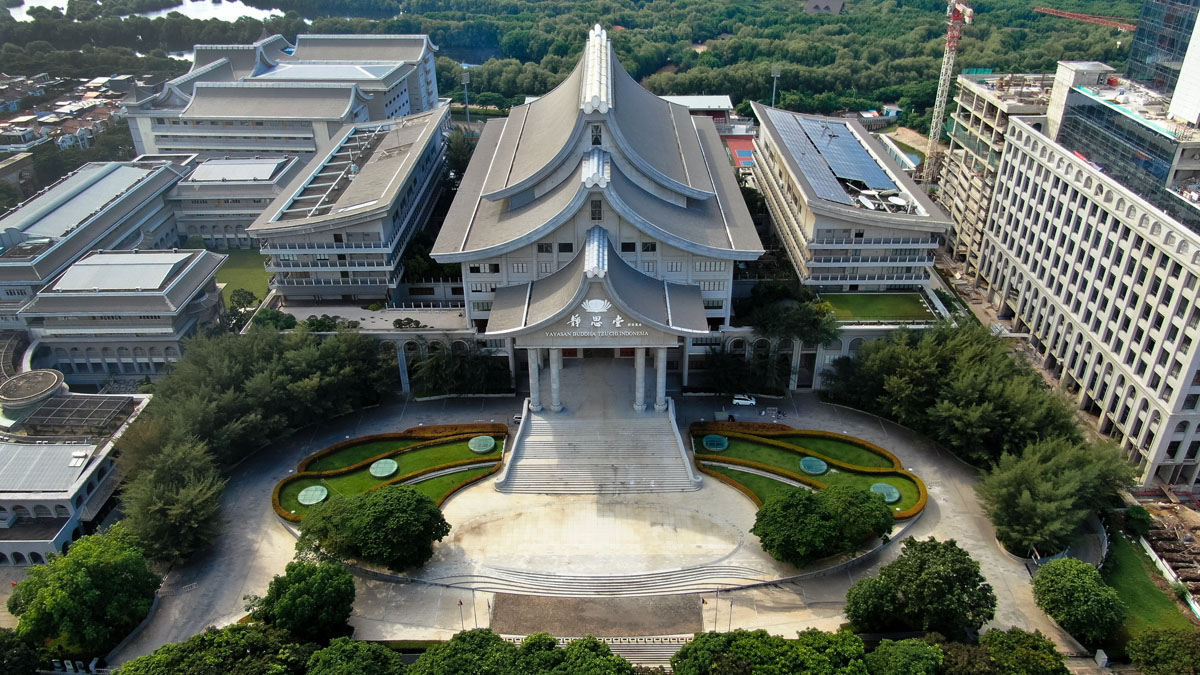








 Sitemap
Sitemap